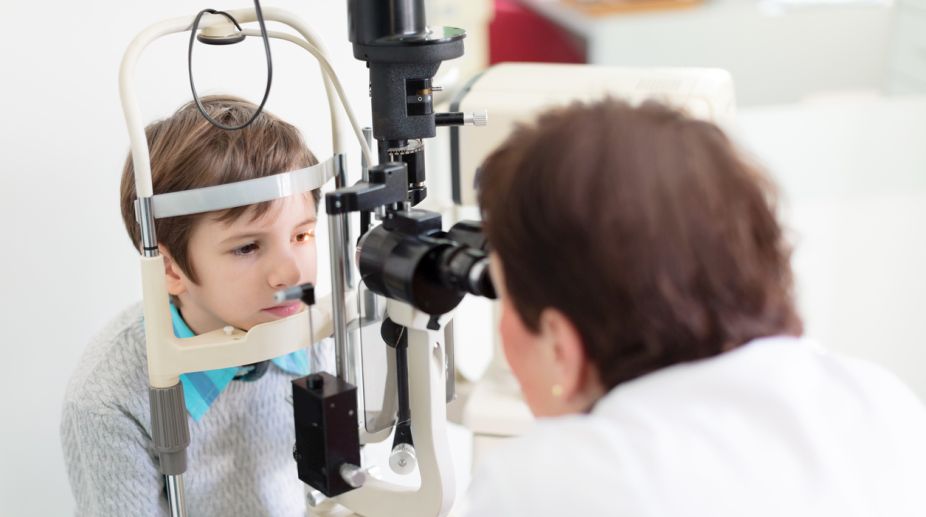8 children suffer severe eye injuries from fireworks in Jaipur during Diwali festivities
Eight children have nearly lost their eyesight due to the careless use of firecrackers and fireworks during Diwali celebrations in the Pink City.
On an average across the week and the weekend, two hours a day outdoors is protective of becoming short-sighted in children

Representative Images (Photo: Getty Images)
Worried that your kid’s eyesight might deteriorate because of endless hours spent on smartphones, gaming consoles, computers and tablets? Take heart, spending just two hours a day outdoors, playing any sport in the sunlight, might help, experts suggest.
Myopia — also known as nearsightedness and shortsightedness — is a condition of the eye where the light that enters the eye does not directly focus on the retina, but in front of it.
Advertisement
This causes the image that one sees — when looking at a distant object — to be out of focus. It does not affect focus when looking at a close object.
Advertisement
According to experts, lack of natural light is the key behind the condition.
“The main factor seems to be a lack of exposure to direct sunlight, because children who study a lot and who use computers or smartphones or tablet computers a lot have less opportunity to run around outside and are less exposed to sunshine,” Annegret Dahlmann-Noor, consultant ophthalmologist at Moorfields Eye Hospital in London, was quoted as saying to BBC Health.
While stopping or limiting screen time use may be a big task for parents, the best thing to do, say the experts, is to get children playing outside as much as possible.
“We know that myopia or short-sightedness is becoming more common,” Chris Hammond, professor at King’s College London, was quoted as saying to BBC Health.
“Protective of myopia development is time outdoors — sport and leisure outdoors are protective of eyesight,” Hammond said.
“Probably on average across the week and the weekend, two hours a day outdoors is protective of becoming short-sighted in children,” he noted.
Further, a diet rich in omega-3 essential fatty acids, and vitamins A, C and E and nutrients are good for the back of the eye.
Regular annual eye checks can also help, experts suggested.
Advertisement